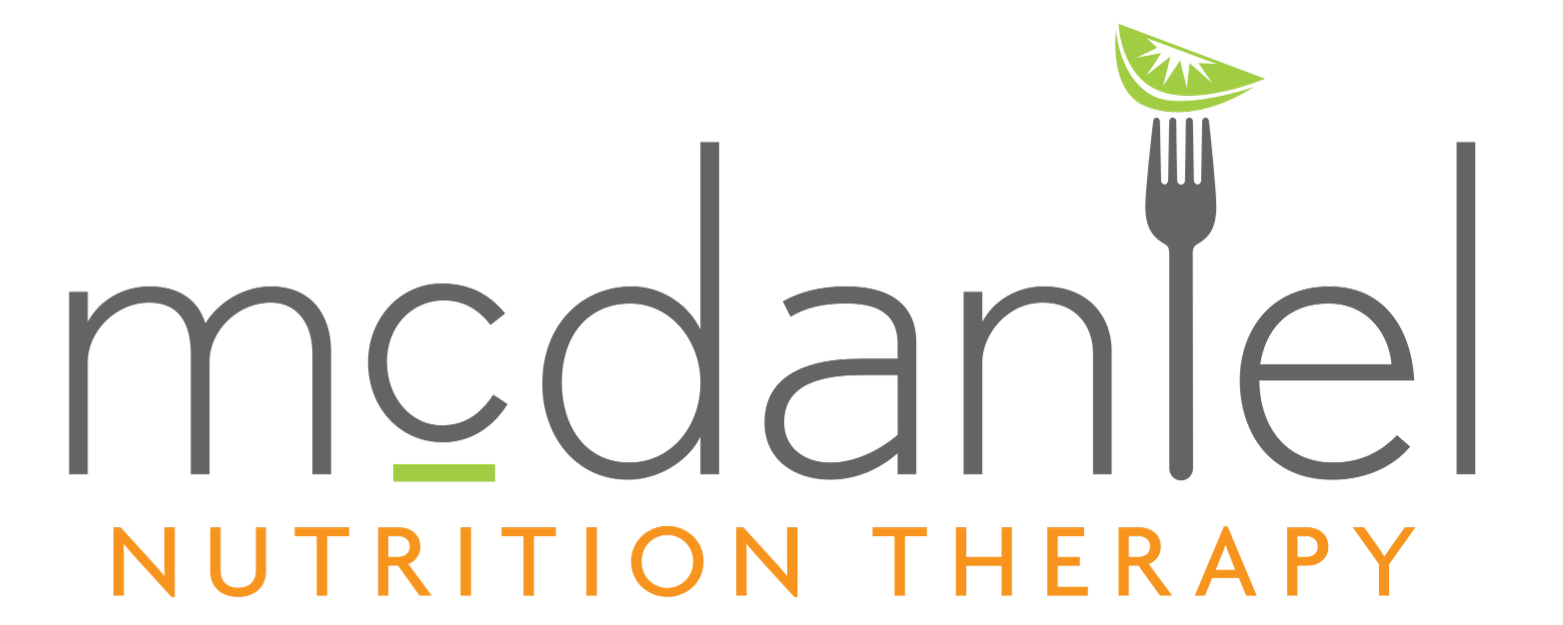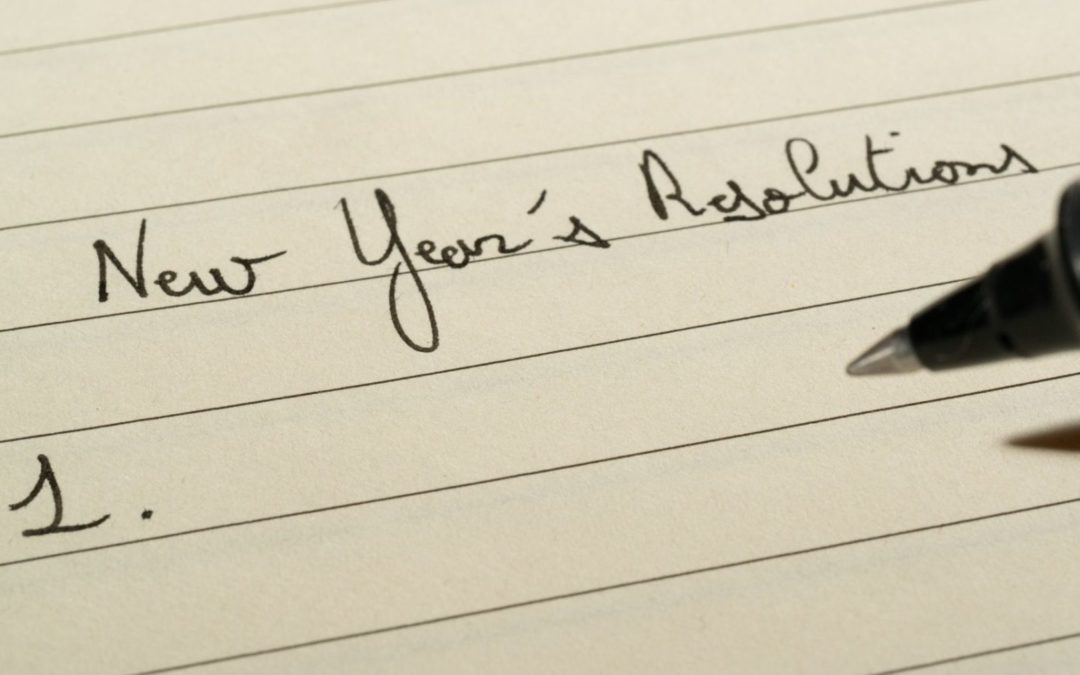2020 and 2021 have been very difficult years for everyone as we have tried to navigate a pandemic while still trying to live a semi-normal life. With the New Year just around the corner, 2022 is a year that presents great promise and opportunity, and with that, we have a big task at hand: the New Year’s Resolutions.
New Year’s Resolutions
In case you didn’t already know, we have a hard time keeping New Year’s Resolutions. By February, 95% of us have abandoned them. People ditch the diet, stop exercising, quit the gym, and return to old habits and routines. So I had to question: is there a better insurance plan for success? How can we make New Year’s Resolutions that we’ll actually keep?
Enter the 7 “P” framework constructed by author and podcaster, Jonathan Fields. He proposes that the 7 “P” framework will increase the likelihood you will reach your goals. Whether you want to eat more fruits and vegetables, lose weight, exercise more, or improve your mental health, the 7 “P”s might be your ticket to success. Below I share the how the 7 “P’s” apply to my life as well as other health-related goals.
The 7 “P’s” Framework
1. Pledge
The pledge is a declaration of your goals. Your pledge to achieve your new year’s resolutions should be action or process-based compared to outcome-based. For example, I took a pledge along with thousands of others on my “Insight Timer” app to meditate 365 days. If your goal is to lose weight this year, a process-based goal might be to fill half your plate with vegetables at mealtime. Process goals outline the necessary steps compared to outcome goals: i.e. lose 15 pounds.
2. People
Even the most independent and driven individuals need the support of others to succeed. Habit change requires consistent actions overtime. This degree of consistency requires social support. It will be harder for me to drink less wine if I don’t ask my drinking partner {i.e. hubby} to help. A mutual decision to leave the bottle in the fridge versus on the table makes it easier for both of us to stick to one glass.
Jonathan suggests we rally several types of people to support our goals:
Parallel partner/accountability: This individual shares similar goals as you. For example, you might ask a colleague with similar weight loss goals to join a food journaling app.
Champion: This person believes you can achieve your pledge and is your cheerleader. Don’t be afraid to ask friends or family to be this person for you.
Mentor: A mentor has expertise in the area of your goal. You might hire a dietitian for weight loss or a personal trainer for a strength training workout.
3. Possibility
To achieve a goal, you must believe it is possible. No belief? No bueno.
4. Proof
It helps to have concrete evidence we can do something, but where do we get this proof? The strongest form of proof is seeing someone like yourself achieve a similar goal. If your friend loses weight by subscribing to a meal delivery service, you might be more confident this strategy could work for you as well.
5. Picture
As humans, we tend to focus on the negative. We easily see what we did wrong compared to the other actions we did right. An example conversation in my office:
Client: Ah! I am so disappointed, I ate an entire sleeve of Girlscout cookies on Saturday night.
Dietitian: What about the rest of the week? Let’s recognize the fact that you meal planned and ate healthy dinners six nights last week!
The “picture” reminds us that we should take more “snap shots” of ALL of our efforts towards our goals. Take a step back and see the WHOLE picture of progress you are making.
6. Practical Process
The practical process are the steps you put in action to achieve your goal. When I trained for my first full marathon, I just didn’t sign up and run on race day. I followed a specific training plan that mapped out 18 weeks of training runs to prepare for the big day. The “practical” component of this P is important. It would not be practical for the mom of three to follow the same marathon training plan as her single, college-aged nephew.
7. Practice
Practice does not mean, practice, practice, practice – like practicing a sport or a musical instrument. The meaning of the word “practice” pertains to how you will integrate habits into your life. In order for me to meditate daily, I created a morning practice. This includes waking at 5 am, brewing some tea, doing my brain training app, mediating and reading. As a “practice,” meditation takes less energy or willpower because it is part of my everyday routine. The same goes for weight loss. If you carved out time every Sunday to stock your fridge with healthy foods, it is more likely you will eat those healthy foods.
As you move forward with any goal in 2022 – consider applying the 7 “P” protocol. We know achieving goals is more than just having the information, it’s about getting clear, setting achievable goals, and making sure those goals are ones you look forward to doing!

